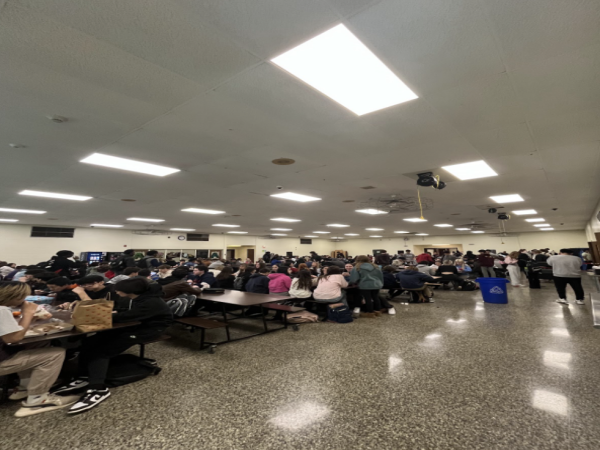Financial Literacy: a waste of an elective
Financial Literacy is currently a required course that students must take in order to graduate in New Jersey. In this class, students learn skills such as how to read a credit card bill and how to stay out of debt due to overdue credit card payments. However, Financial Literacy should not be a required class to graduate.
Electives should be an opportunity for students to explore their interests and help them narrow down their field for college majors. For students who have no interest in accounting or finance, Financial Literacy is a great waste of time. This is especially true for students who have already decided on what they want to major in. For example, if a student wants to major in business, Introduction To Business would be a more useful elective for them to take.
Electives are very valuable classes in students’ schedules. There is generally room for two to four electives in a student’s schedule, depending on the length of the course. Numerous other state mandates will take up elective spots in a student’s schedule over their four years in high school. Also, students often choose to take study halls in order to keep up with their schoolwork course load, as well as a busy extracurricular schedule. Once required electives fill up the open spots in their schedules, students may not be able to take all of the electives that cater to their interests.
“Financial Lit shouldn’t be a requirement because electives should be things that students are interested in, not state mandates,” said Sebastian Duva (’16).
The basic curriculum of the Financial Literacy course proves to be unnecessary to be taught in school. Most students either already know the information taught, or have someone outside of school, such as a parent, who could easily teach them the information. The students could simply google how to do some of the tasks, such as how to balance a checkbook, and even teach themselves how to set up an ISA by checking sites like https://thechildrensisa.com/faqs/.
Gabe Leff (’16) said, “In my opinion, from taking [financial literacy], it doesn’t help you at all.”
Financial literacy is unnecessary and a waste of time for students. Taking it off the required list of electives for graduation would be more effective for students because they would be able to take electives that they are truly interested in and might pursue as future careers.

Jenna Simons, fondly known as “Jennerz”, can be found with a RBF nearly around the clock. However, this facial expression is mostly due to Jenna’s...








